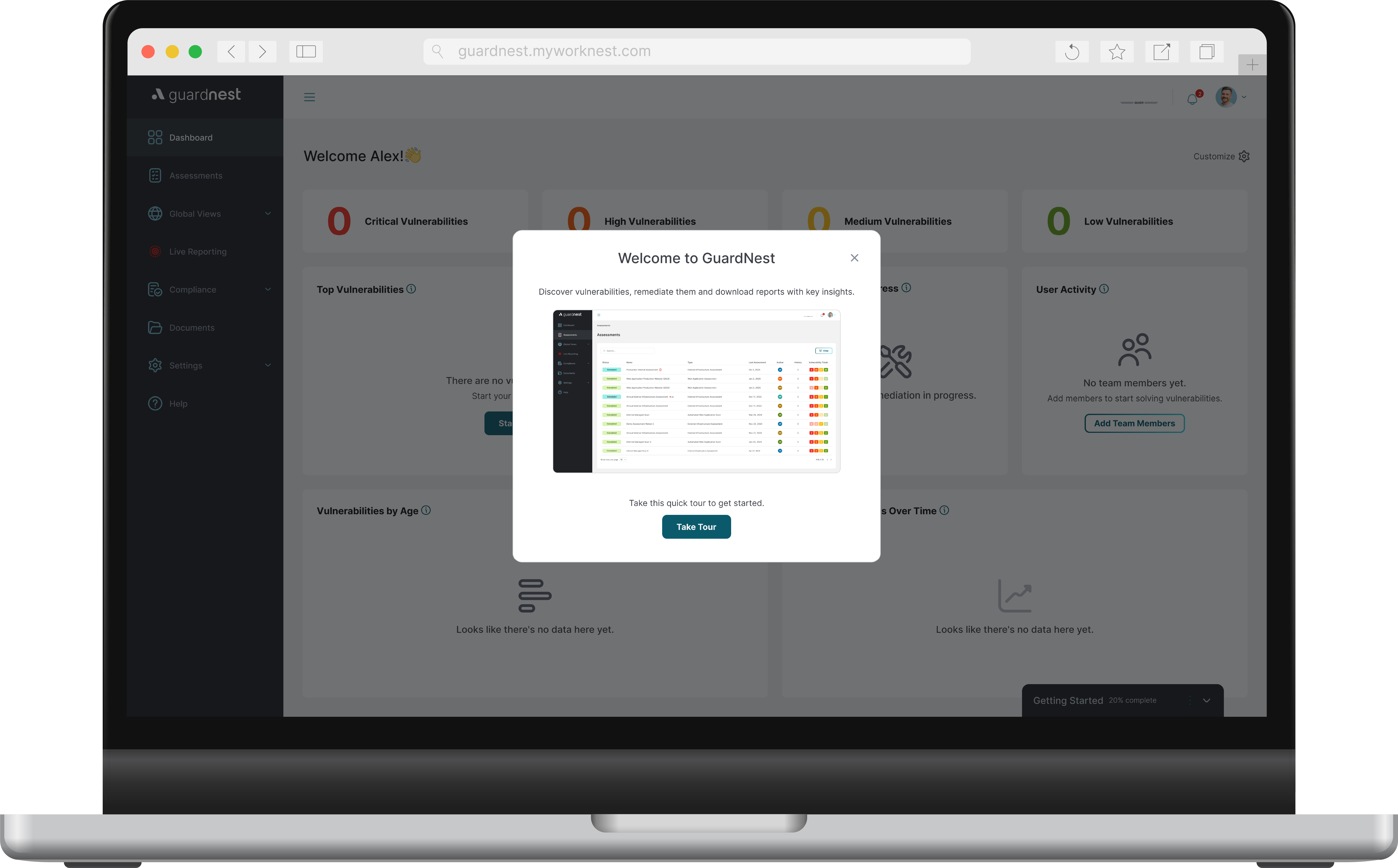Launching Your Penetration Testing Career


Penetration testing is often seen as one of the most exciting jobs in cyber security. After all, who wouldn’t want to be the person trusted to break into systems before the criminals do? It’s a career that’s in high demand, with competitive salaries and no shortage of opportunities, but getting into pentesting isn’t always straightforward.
For newcomers, the competition can be fierce, and for those already in the field, the constant pressure and long hours can quickly lead to burnout. So, if you’re thinking about launching a career in penetration testing, what does it really take to stand out and to thrive once you’re in?
Building the Right Skills
A strong technical foundation is essential if you want to make it as a penetration tester. The role is rarely limited to one area, you might be probing a web application one week, investigating infrastructure the next, or even attempting social engineering and physical security assessments. Having a broad base of knowledge gives you the flexibility to adapt to different challenges and, importantly, to understand how systems are meant to work before you figure out how to break them.
Many of today’s strongest testers began their careers in system administration, development, or IT infrastructure. It’s much easier to break it if you know how to make it. Building that broader foundation makes it easier to understand how systems fail and how to exploit weaknesses ethically.
Certifications will get you noticed, especially when you’re applying for your first role or looking to prove a particular specialism. Recruiters often use them as a quick way to filter applications, which makes them a useful asset in a crowded market. That said, a certificate on its own won’t land you the job. Employers want to see genuine curiosity, hands-on experience, and evidence that you’ve gone beyond the textbook. The most respected certifications put the emphasis on practical skills, testing your ability to solve real-world problems, rather than just memorise theory.
While a solid technical foundation and the right certifications are valuable, those all-important “soft skills” are proving just as critical. Being able to communicate clearly, work in a consultancy role, and adapt to unpredictable situations often separates a good tester from a great one. Technical skills are easier to teach but confidence and people skills are what make you effective in phishing or social engineering engagements.

The Mindset That Stands Out
Curiosity and persistence often count for more than a perfectly polished CV. Organisations tend to bring in penetration testers either to help their teams grow or to fill a very specific skills gap. That’s why candidates who show genuine passion stand out, whether that’s through publishing research, disclosing vulnerabilities they’ve discovered, or giving talks at industry events. These activities demonstrate not just knowledge, but initiative and a real commitment to the craft.
Flexibility is just as vital. Cyber security challenges rarely follow a script, and a rigid, checklist-driven approach will only get you so far. The testers who make the biggest impact are those who can adapt quickly, think creatively, and approach problems from different angles. Being able to move beyond the obvious and spot less conventional weaknesses is what turns a capable tester into a trusted expert.
The AI Influence
There’s no avoiding it, AI has become part of the conversation in penetration testing. Automated tools and machine learning are already being used by some organisations to tick the box for compliance, particularly when it comes to basic vulnerability scanning. While this may save time, it doesn’t replace the creativity, intuition, and strategic thinking that a skilled human tester brings to the table. Real-world attackers don’t follow scripts, and neither should those tasked with defending against them.
What AI has done is shift the focus. As While machines handle routine checks, human testers are increasingly being valued for the areas that automation can’t touch, from complex, multi-step exploits to physical security assessments and social engineering. At the same time, government and even military recruitment programmes are looking to bring ethical hackers into their ranks, highlighting just how important penetration testing has become to national security as well as the private sector.
A Different Path
Not every penetration tester comes from a traditional computer science background. Skills gained in areas outside of technology can all add real value to the profession. Graduate academies and structured pen testing training programmes now make it easier for newcomers to try out different fields before deciding where to specialise, opening doors for people from all sorts of backgrounds.
This diversity of experience isn’t just positive for recruitment, it fuels innovation. Fresh perspectives often lead to creative problem-solving, which is exactly what cyber security needs to stay one step ahead of attackers.
Penetration testing is ultimately about more than technical know-how. It’s about mindset, adaptability, and the ability to explain findings clearly. Whatever your starting point, there’s a pathway into this field. The next generation of testers won’t just be filling jobs, they’ll be shaping the future of cyber security. With curiosity, creativity, and a willingness to keep learning, there’s no better time to get started.
JOIN US AT INTERNATIONAL CYBER EXPO
If you’d like to learn more about how to kick-start your career in penetration testing, join Pentest People, Bulletproof, and Hack The Box at International Cyber Expo on Tuesday 30th September at 11:10. I’ll be hosting a panel session titled Breaking In and Standing Out: Pathways into a Pentesting Career.
You can register to attend the event for free here: International Cyber Expo
.png)









.svg)








.webp)


